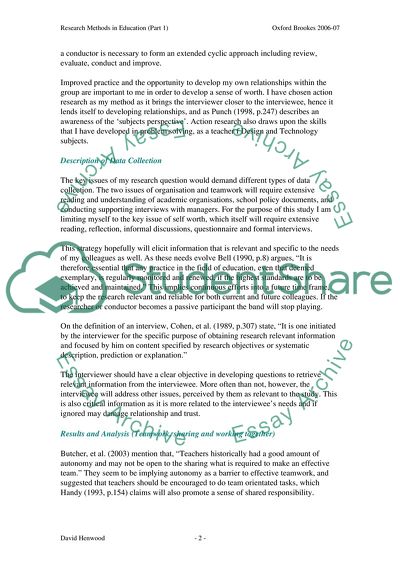Cite this document
(Research Methods in Education Case Study Example | Topics and Well Written Essays - 1500 words - 1, n.d.)
Research Methods in Education Case Study Example | Topics and Well Written Essays - 1500 words - 1. https://studentshare.org/education/1538069-research-methods
Research Methods in Education Case Study Example | Topics and Well Written Essays - 1500 words - 1. https://studentshare.org/education/1538069-research-methods
(Research Methods in Education Case Study Example | Topics and Well Written Essays - 1500 Words - 1)
Research Methods in Education Case Study Example | Topics and Well Written Essays - 1500 Words - 1. https://studentshare.org/education/1538069-research-methods.
Research Methods in Education Case Study Example | Topics and Well Written Essays - 1500 Words - 1. https://studentshare.org/education/1538069-research-methods.
“Research Methods in Education Case Study Example | Topics and Well Written Essays - 1500 Words - 1”. https://studentshare.org/education/1538069-research-methods.


